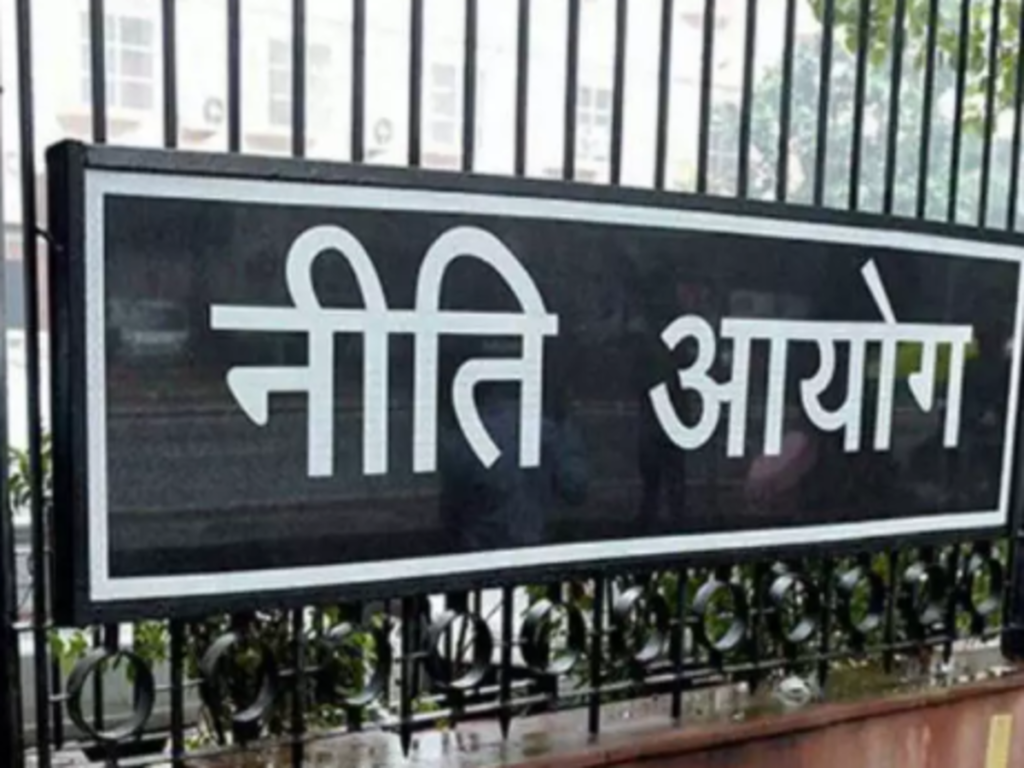OdishaPlus Bureau

Odisha has made impressive improvement in Sustainable Development Goals (SDGs) in 2019 and has been placed among the top three performing States on various parameters in NITI Aayog, premiere think tank of Govt of India, report on SDG 2019 Index.
Odisha has jumped from 23rd to 15th position in performance category by NITI Aayog while its score has improved from 51 to 58. The other big performers are Uttar Pradesh and Sikkim. The SDGs were adopted in September 2015 as a part of the resolution, ‘Transforming our world: The 2030 Agenda for Sustainable Development’.
The NITI Aayog has been assigned the role of overseeing implementation of SDGs in the country. Odisha stands second in overall improvement, with an increase of 7 points, from 51 to 58. Goal 9 has contributed mostly to the rise with a jump of 40 points.
Goals 6 and 7 follow, with an increase of 39 and 27 points, respectively. With 72 points in SDG 9-Industry, Innovation and Infrastructure- Odisha is behind Gujarat, Bihar and Haryana.
Similarly, in SDG-6, clean water and sanitation Odisha has scored 85 points and stands at 12. In SDG-7 which is, affordable and clean energy, the State has got 50 points behind all the big States. In this SDG, Odisha’s point has improved by 27 points.
While all but five States/UTs improved or retained their overall composite score from 2018 to 2019, the magnitude of change has been varied. According to the report, Uttar Pradesh has improved its overall score from 42 in 2018 to 55 in 2019, and is the highest gainer.
The biggest improvement has been in goal 7 – affordable and clean energy, where the jump has been by 40 points.
Sikkim is the third-best State in overall improvement: from a score of 58 to that of 65, indicating an increase by 7 points.
The significant improvement in goal 6 is largely driven by the success of Swachh Bharat Abhiyan in eliminating open defecation. Improvement in goal 7 can be credited to the extensive coverage of LPG for households and saturation of electricity connections.
The progress recorded under goal 9 can be largely attributed to the improvement in rural road coverage, and higher mobile and internet penetration.
India’s composite score also improved from 57 in 2018 to 60 in 2019. The maximum gains were made in Goals 6 (clean water and sanitation), 9 (industry, innovation, and infrastructure) and 7 (affordable and clean energy).
This is the second report released by NITI Aayog documenting the progress made by Indian States in achieving the SDG targets set for 2030.
The 2030 Agenda for Sustainable Development is a landmark agreement negotiated and approved by the 193 Member States of the United Nations. Comprised of 17 Sustainable Development Goals (SDGs) and 169 targets, it aims to address the economic, social, environmental and political dimensions of sustainable development in a comprehensive and integrated way.
Building on a long history of international human rights and gender equality commitments, its universal approach recognizes the common challenges faced by all countries, developed and developing alike, and reaffirms the responsibility of governments to address them. The 2030 Agenda is clear that achieving gender equality is not only an important goal in and of itself but also a catalyst for achieving a sustainable future for all.
While this bold vision has the potential to transform the lives of women and girls across the world, it is being implemented at a time of global uncertainty and multiple challenges. Climate change and environmental degradation are advancing at an unprecedented pace; the global economy remains volatile after nearly a decade of crisis; a shift towards exclusionary and fear-based politics is deepening societal divisions, breeding conflict and instability; and millions are being forcibly displaced due to conflict and humanitarian catastrophes.
In the midst of global socio-economic and political turmoil, not only does the promise of gender equality remain unfulfilled but women’s rights are also facing renewed resistance from different kinds of fundamentalisms.
At the same time, the mere fact that UN Member States have agreed to strive for a more equal world where development is based on sustainability, peace and human progress provides reason to be cautiously optimistic. The SDGs are especially important now as both a political agenda for global cooperation and a specific, time-bound set of goals for all countries.
Point worth noting are: Ranked 15th in performance category with a score of 58, Second in overall improvement with an increase of 7 points, from 51 to 58, Fourth in SDG 9-Industry, Innovation and Infrastructure with 72 points, 85 points in clean water and sanitation stands at 12 place.




























